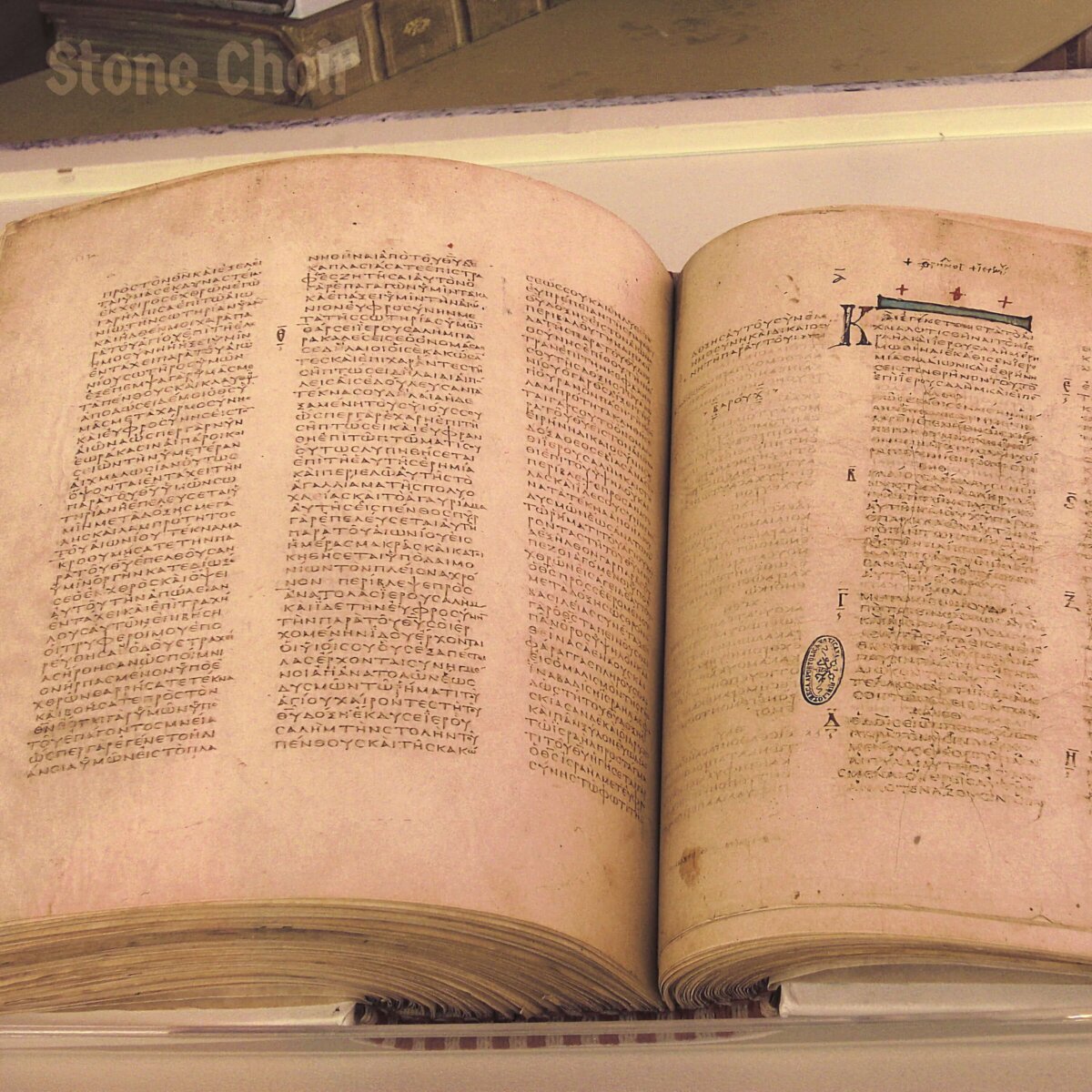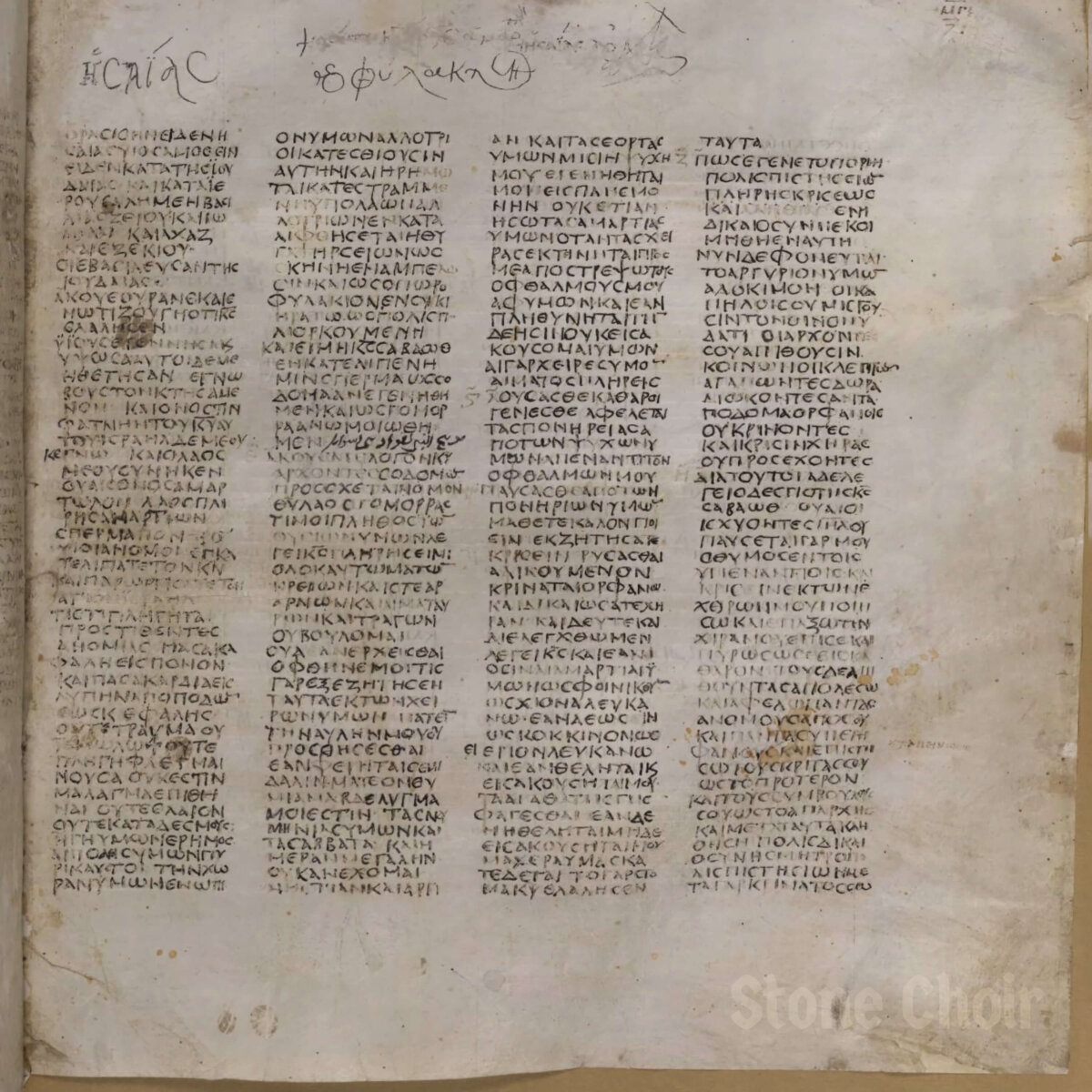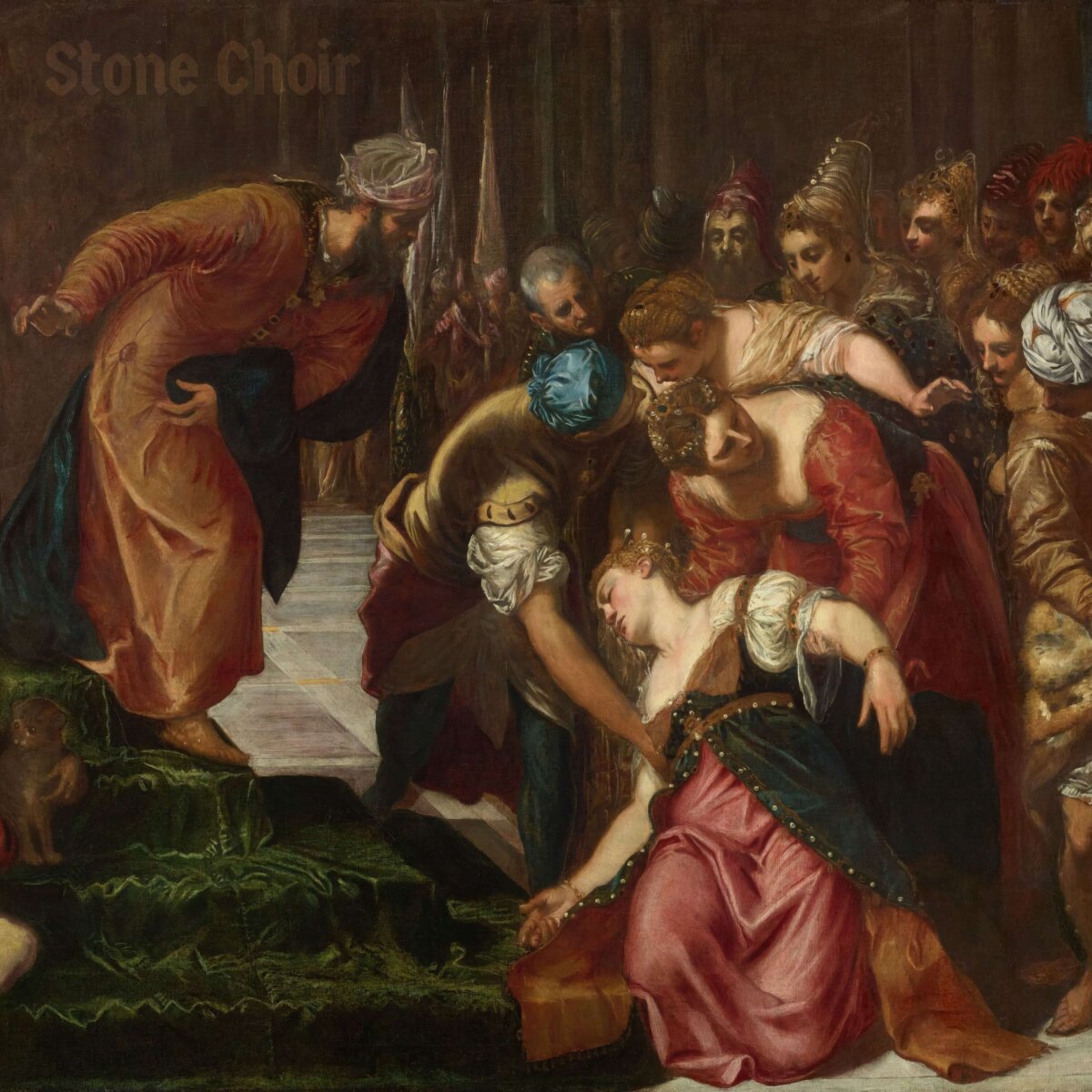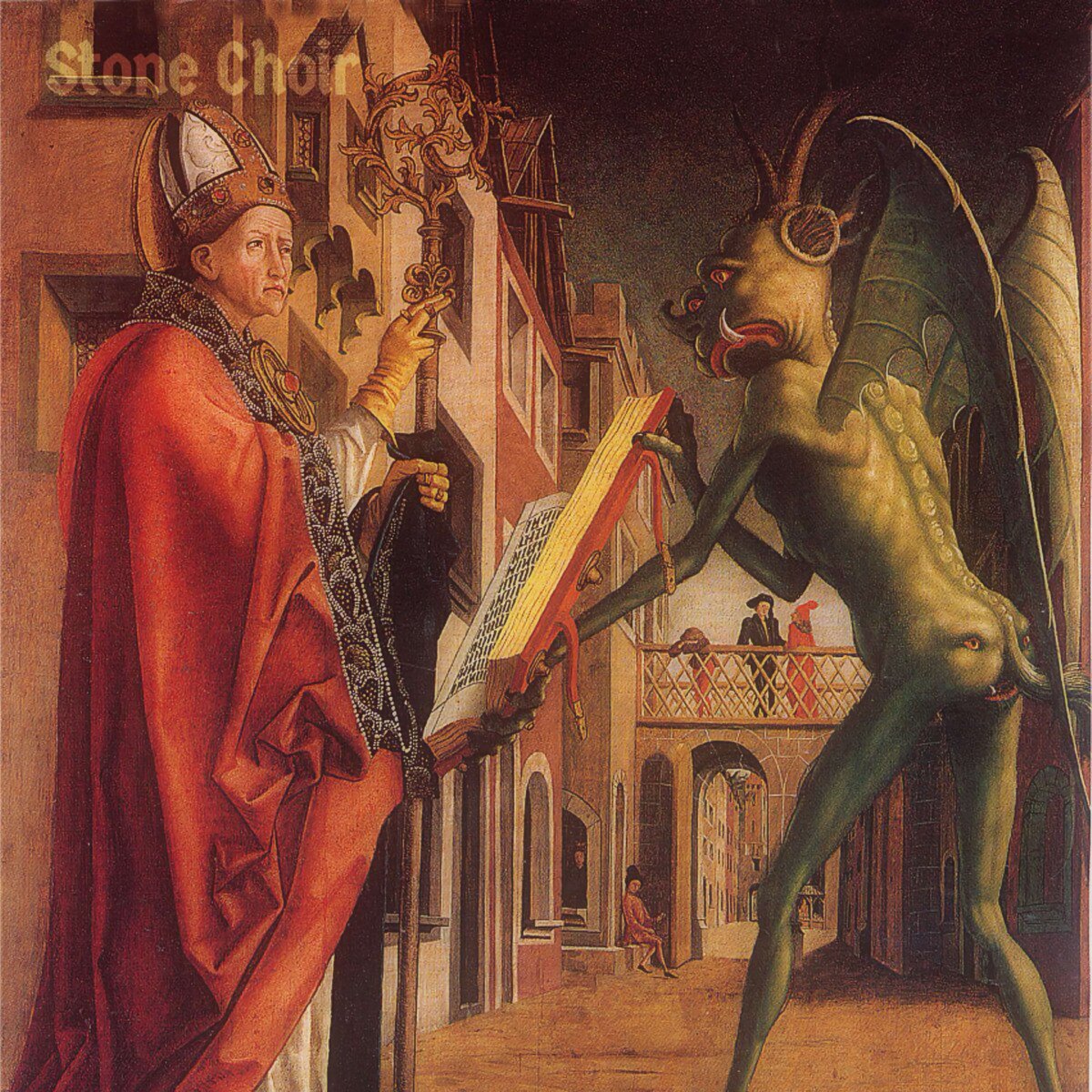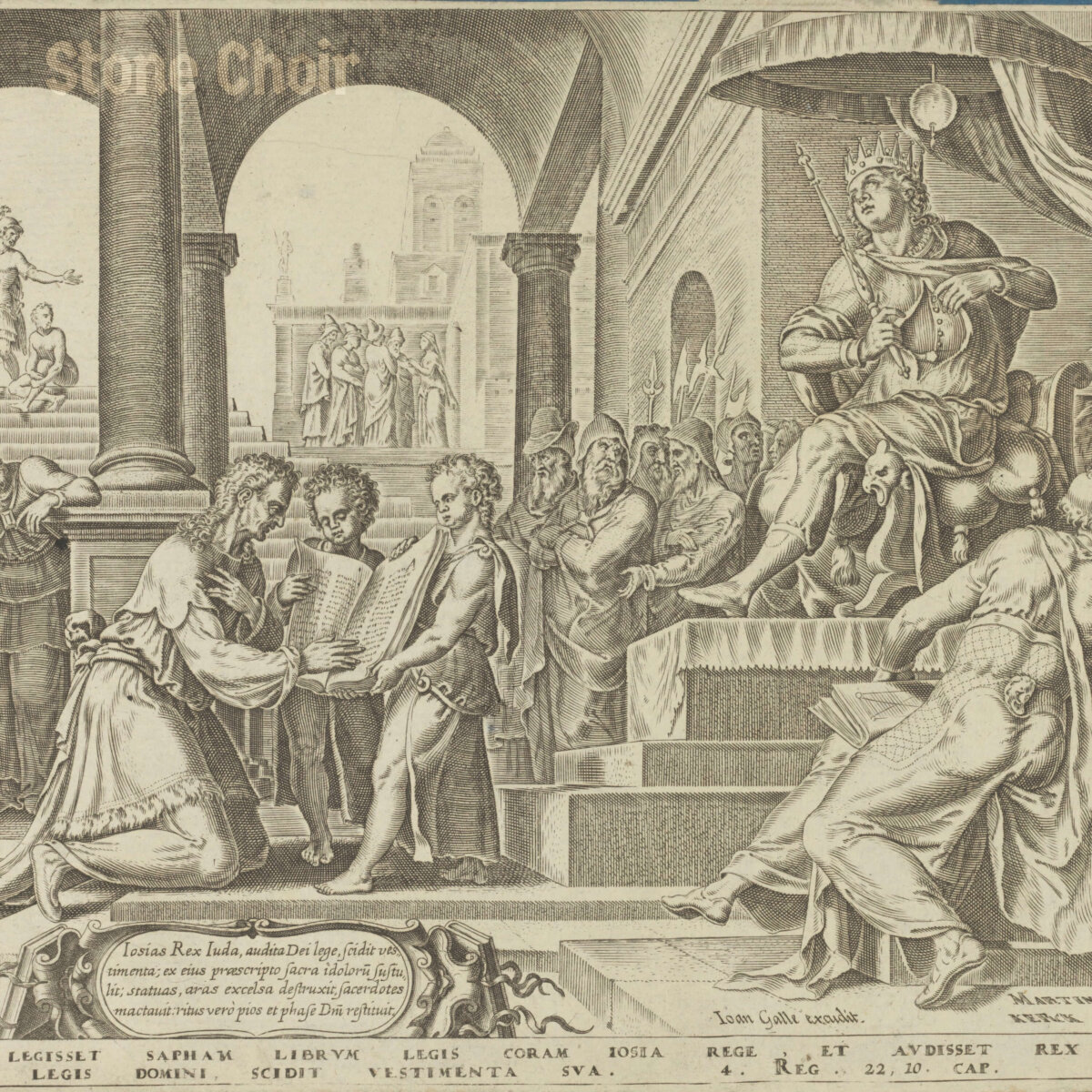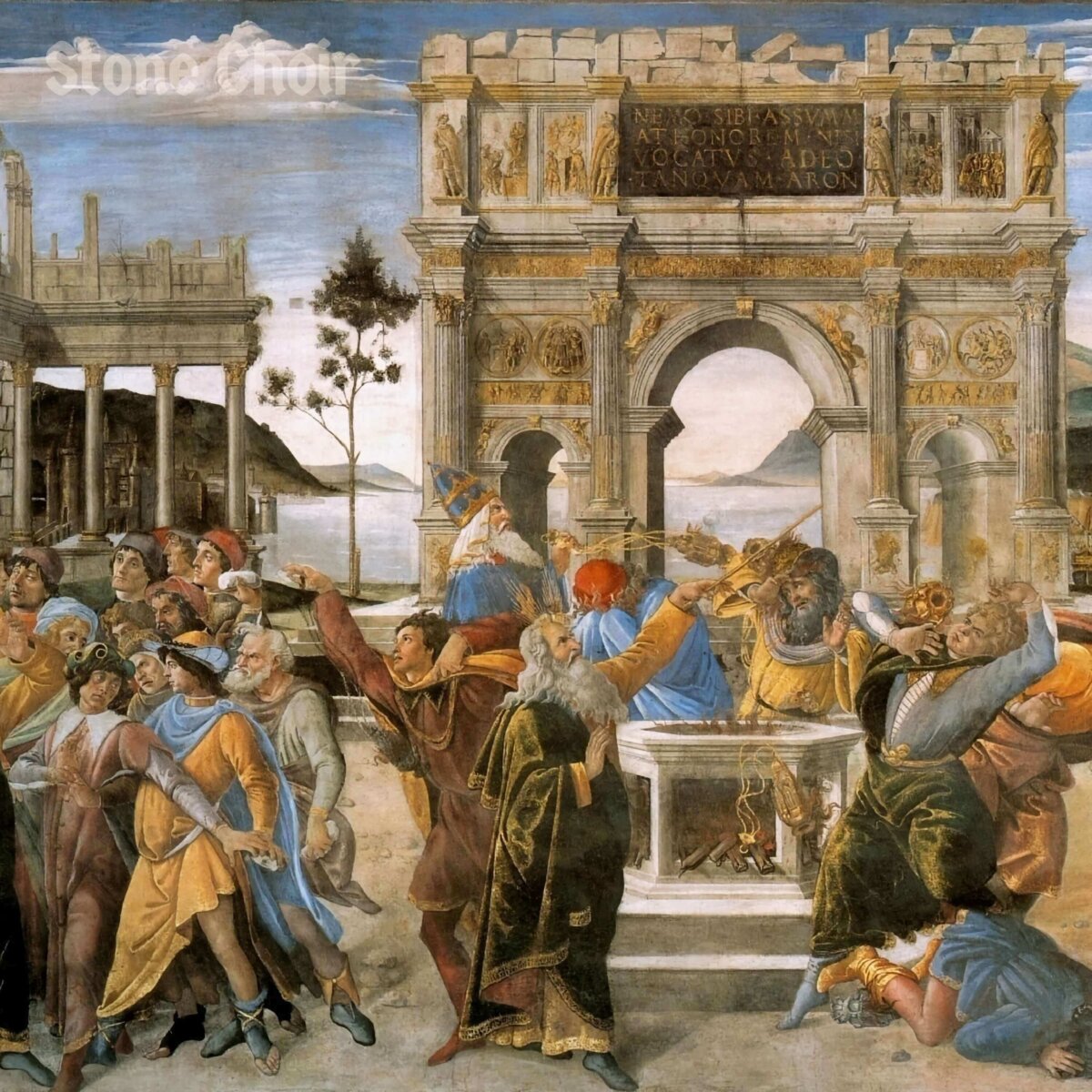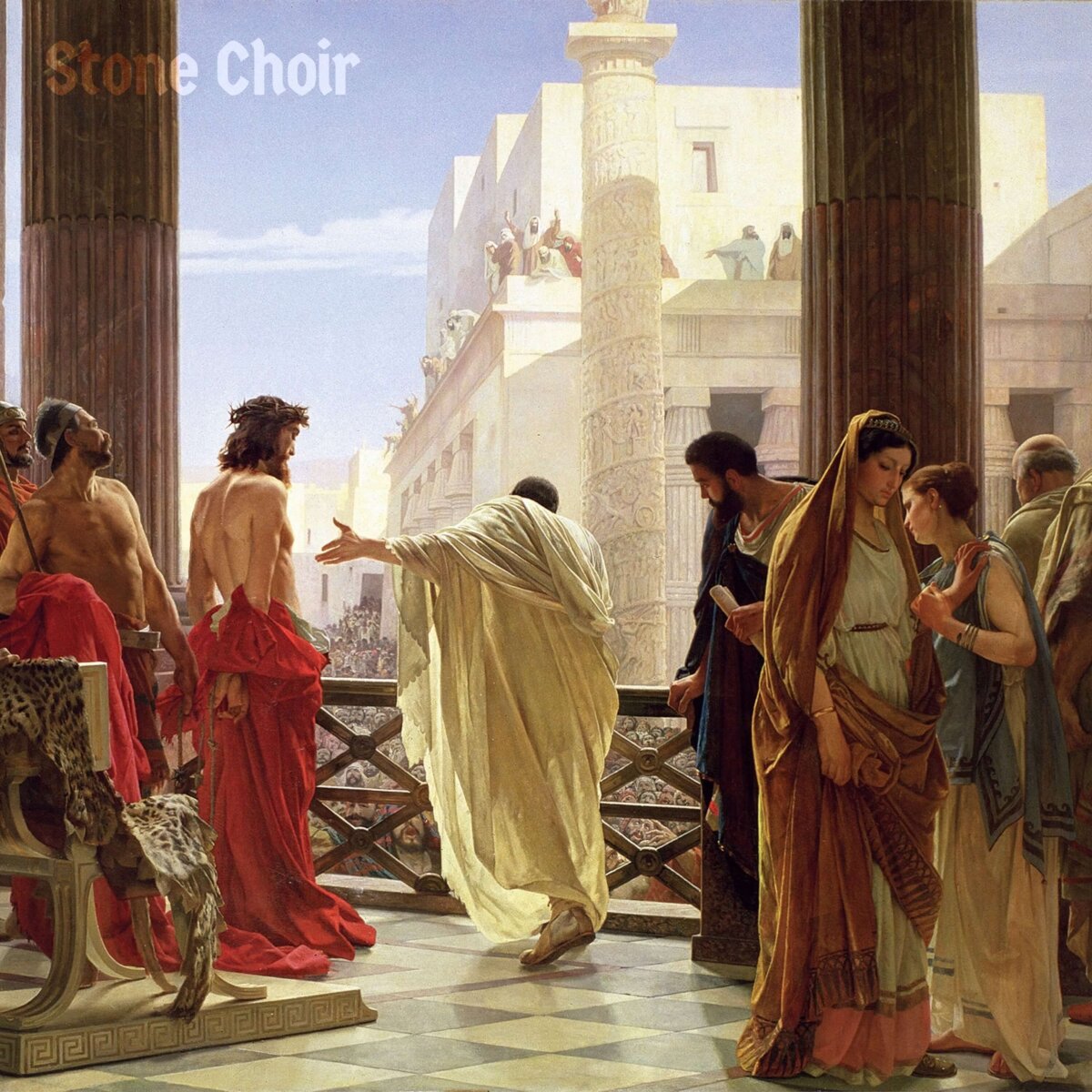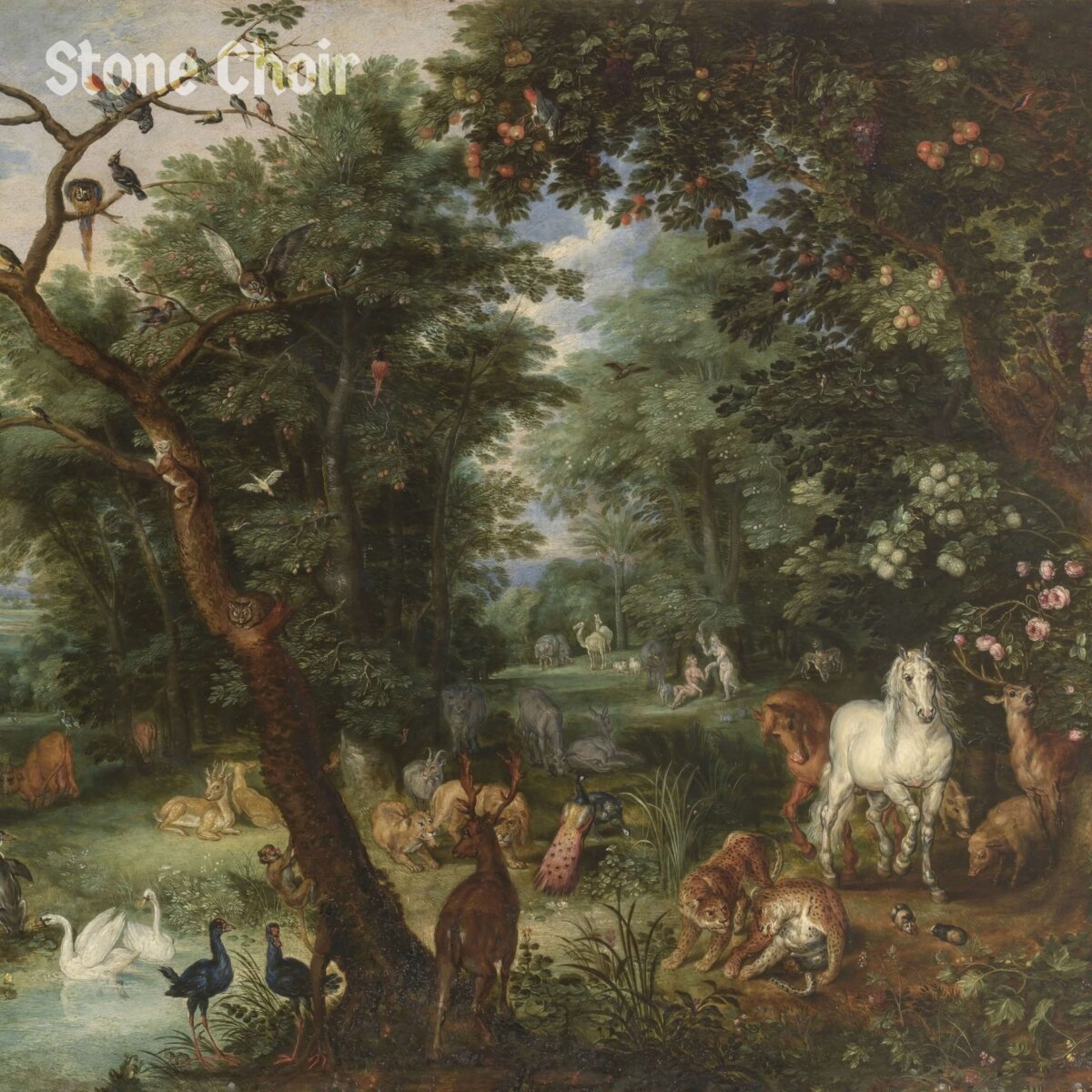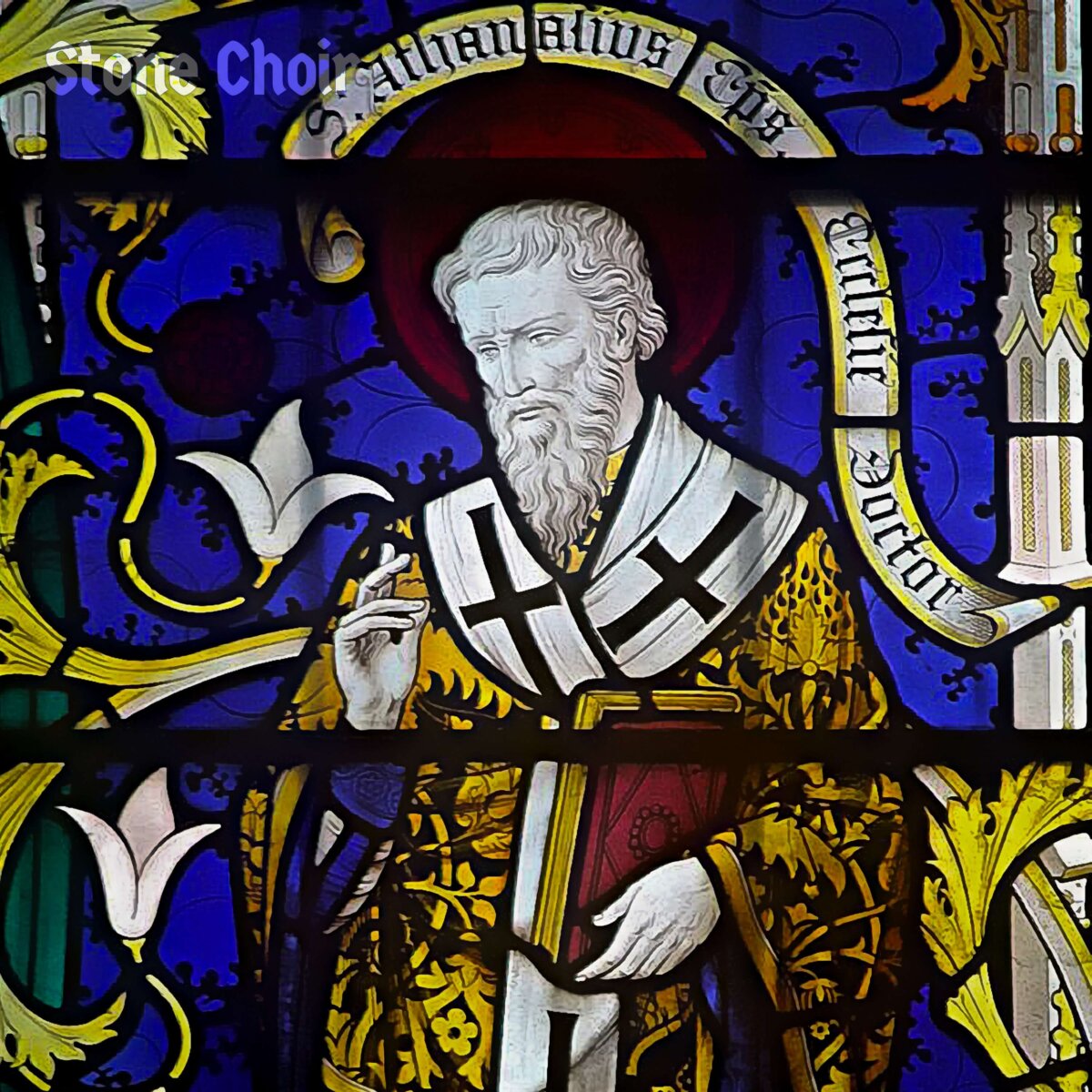The Septuagint — New Testament, Part 2
Podcast: Play in new window | Download (Duration: 2:12:50 — 253.2MB) | Embed
Subscribe: Apple Podcasts | Spotify | Amazon Music | Youtube Music | More
Hosts

Corey J. Mahler

This episode is our closing argument for the Septuagint (LXX) and its proper place as the Word of God — the Scripture of the Early Church, the Apostles, and Christ Himself. Once you have finished this episode, you will need to decide for yourself if you believe the argument as presented or if you intend to double down on the ‘Hebrew’ the rabbis smuggled into the churches. The question is one of fidelity to God and to His Word, and it is a question that will split the churches, that will sift the wheat from the chaff.
“But I and my household will serve the Lord, because He is holy.”
Show Notes
- Romans 2:24 → Isaiah 52:5
- Romans 3:4 → Psalm 51:4 (LXX Psalm 50:6)
- Romans 9:25b → Hosea 2:23
- Romans 9:27 → Isaiah 10:22
- Romans 9:27-28 → Isaiah 10:22-23
- Romans 9:29 → Isaiah 1:9
- Romans 9:33; 10:11 → Isaiah 28:16
- Romans 10:18 → Psalm 19:4 (LXX Ps 18:5. .
- Romans 11:10 → Psalm 69:23 (LXX Ps 68:24. …
- Romans 11:26b → Isaiah 59:20
- Romans 11:27 → Isaiah 27:9 (with Isa 59:21)
- Romans 11:34 → Isaiah 40:13
- Romans 12:19 → Deuteronomy 32:35
- Romans 14:11 → Isaiah 45:23
- Romans 15:12 → Isaiah 11:10
- 1 Corinthians 2:16 → Isaiah 40:13 …
- 1 Corinthians 14:21 → Isaiah 28:11-12
- 1 Corinthians 15:54 → Isaiah 25:8
- 1 Corinthians 15:55 → Hosea 13:14
- 1 Corinthians 1:31 and 2 Corinthians 10:17 – Jeremiah 9:24
- 2 Corinthians 4:13 → Psalm 116:10 (LXX 115:1)
- Galatians 3:10 → Deuteronomy 27:26
- Galatians 3:13 → Deuteronomy 21:23
- Ephesians 4:26 → Psalm 4:4 (LXX 4:5)
- Ephesians 5:31 → Genesis 2:24
- Philippians 1:19 → Job 13:16
- Philippians 2:10-11 → Isaiah 45:23
- 2 Thessalonians 1:9 → Isaiah 2:10, 19, 21
- 2 Timothy 2:19a → Numbers 16:5 …
- Hebrews 1:6 → Deuteronomy 32:43 (LXX expanded line)
- Hebrews 1:10-12 → Psalm 102:25-27 (LXX 101:26-28)
- Hebrews 3:7-11 → Psalm 95:7-11 (LXX 94:7-11. …
- Hebrews 8:8-12 → Jeremiah 31:31-34 (LXX 38:31-34)
- Hebrews 10:5-7 → Psalm 40:6-8 (LXX 39:7-9)
- Hebrews 10:37-38 → Habakkuk 2:3-4
- Hebrews 11:21 → Genesis 47:31 …
- Hebrews 12:5-6 → Proverbs 3:11-12
- James 4:6 → Proverbs 3:34
- 1 Peter 2:6 → Isaiah 28:16
- 1 Peter 2:9 → Exodus 19:6 (phrase)
- 1 Peter 2:22 → Isaiah 53:9
- 1 Peter 4:18 → Proverbs 11:31
- 1 Peter 5:5 → Proverbs 3:34 (as in James 4:6)
- Revelation 2:27, 12:5, 19:15 – Psalm 2:9
See Also
Further Reading
Parental Warnings
None.
Support the Podcast
Comments?
Join the discussion on Telegram, visit the feedback form or comment below.
